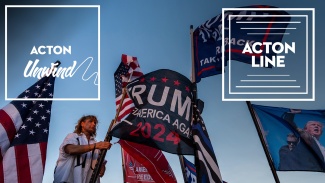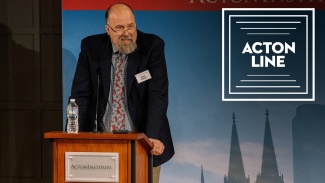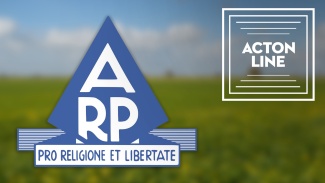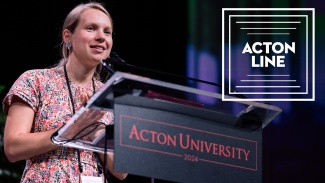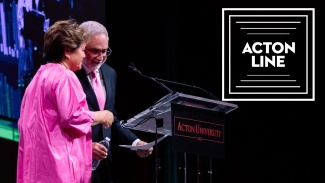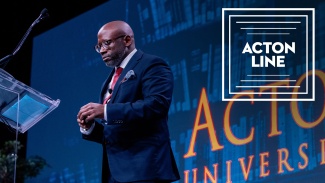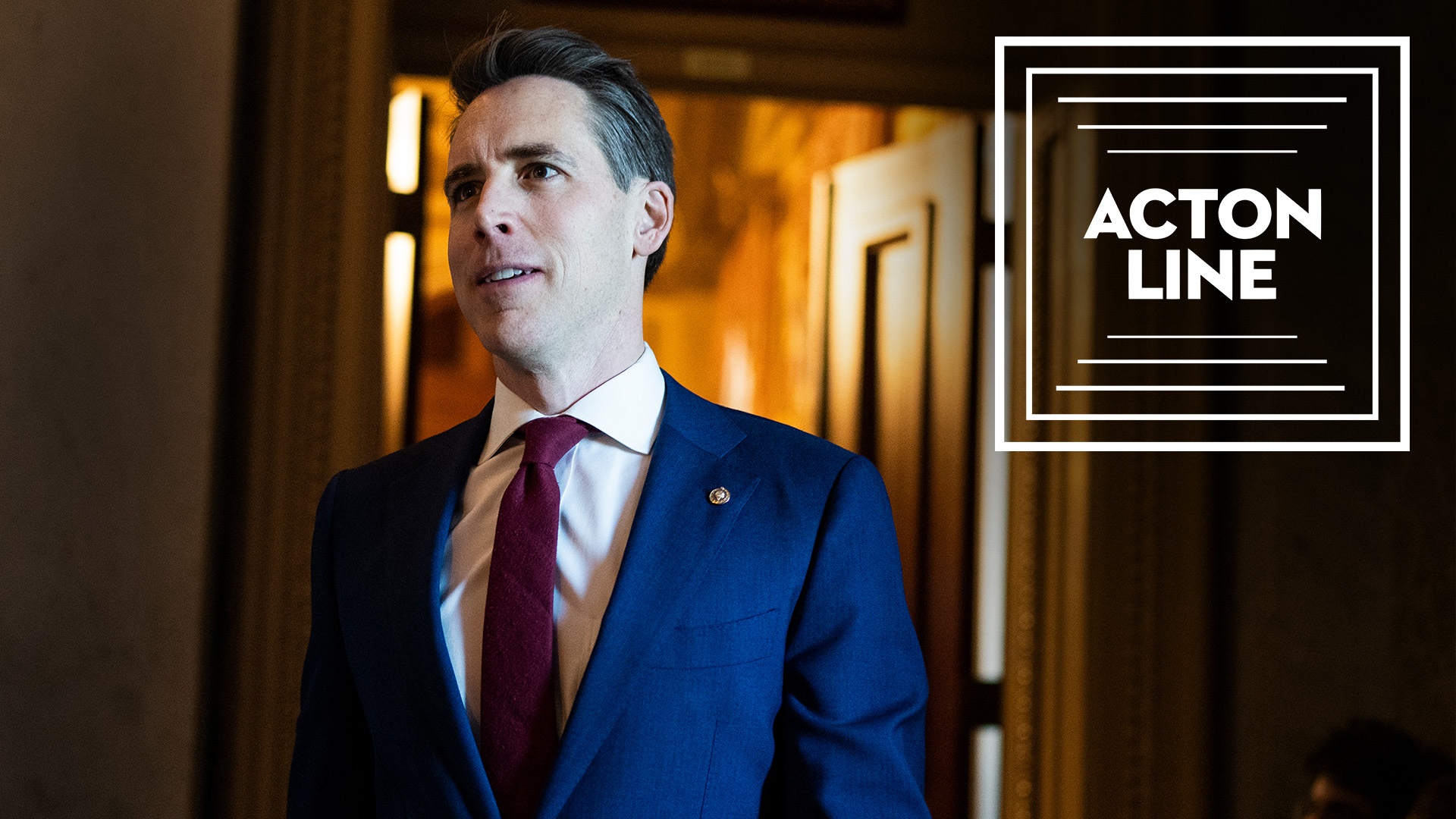
Overview
A belief in the positive power of free markets has been a part of the political and philosophical program of the political right for virtually all of the post-World War II conservative movement. While elements of protectionism, and even isolationism, have always been currents in the political right, a support for free trade and free markets has been part of the right’s dogma for years.
Now that is no longer the case.
Many have lost confidence in the country’s commitment to economic liberty. Across the political spectrum, many want the government to play an even greater role in the economy via protectionism, industrial policy, stakeholder capitalism, or even quasi-socialist policies. Numerous American political and business leaders are embracing these ideas, and traditional defenders of markets have struggled to respond to these challenges in fresh ways.
From the perspective of advocates for a free market economy, this amounts to conservatives taking a left turn on economic questions.
Why is this happening? And what can free market advocates do about this problem?
Today, Eric Kohn, Acton’s Director of Marketing & Communications talks with Dr. Samuel Gregg, Distinguished Fellow in Political Economy and Senior Research Faculty at the American Institute for Economic Research and an affiliate scholar at the Acton Institute, about the turn to the state by members of the so-called “New Right” and how arguments for a market-based economy need to be refreshed for the problems of the 21st century.
Subscribe to our podcasts
Apply Now for Acton University
The Next American Economy | Amazon
The hundred-year war for American Conservatism | Acton Line
Of Course You Know What "Woke" Means | Substack
FreeJimmyLai.com | The Hong Konger
Photo Credit: Associated Press








